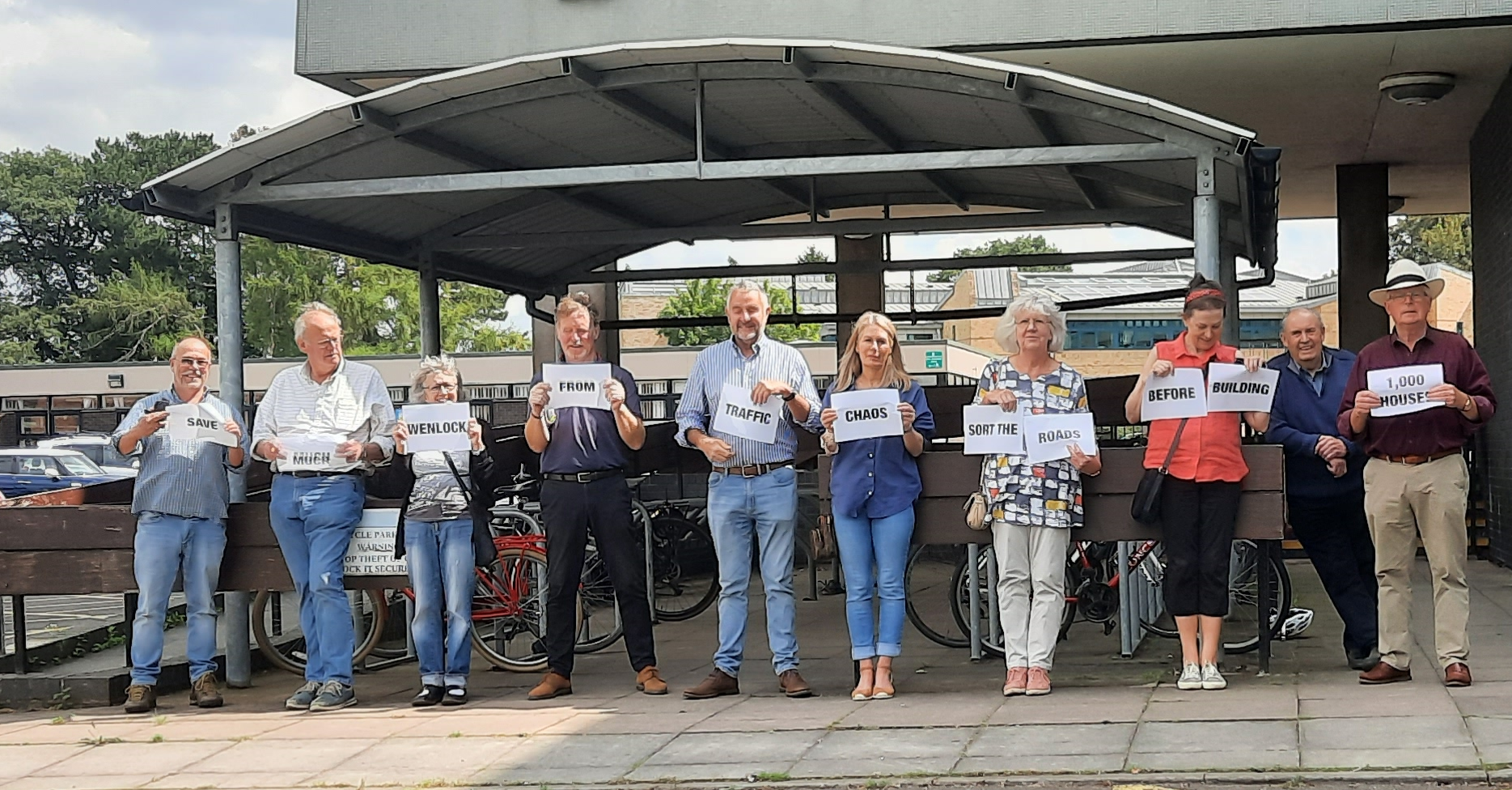We are still digesting the outcome of the decision to approve 1,075 homes with infrastructure on the former Ironbridge power station site at Buildwas. The vote in being challenged on more than one ground.
The four councillors who voted against the scheme had objected to one of those voting in favour doing so despite being out of the room for part of the discussion of the application. That complaint has now been rejected, with the chief monitoring officer on the grounds that a court would not judge the decision irrational (Wednesbury unreasonable).
It is a thoughtful response to our complaint and we accept it. However, we are now calling for clear guidance that any councillor that leaves a planning committee meeting during discussion of an application cannot take any further part in the discussion or most importantly vote.
Dear Cllrs Boddington, Parsons, Huffer and Bagnall,
This matter has been referred to me as the Council’s newly appointed Monitoring Officer.
In circumstances where a majority of elected members have determined a planning application it is, of course, extremely unusual for officers to subsequently intervene to challenge that decision. Indeed, where a decision has been issued the Council is bound by that decision unless it is overturned by a High Court by way of judicial review. I consider, therefore, that for me to intervene here I need to be satisfied that the criteria for a successful judicial review would be made out.
This is a complex area of law but amongst other things, one issue that would be addressed is whether the decision was irrational or to use the term applied by the Courts, “Wednesbury unreasonable” which has been described as
“a decision which is so outrageous in its defiance of logic or of accepted moral standards that no sensible person who had applied his mind to the question to be decided could have arrived at it.”
I do not think that a judicial review would succeed on that basis.
Another consideration would be whether there had been some form of procedural irregularity. I accept that there might be more of a case on that ground but the court would also need to ask itself whether the irregularity identified affected the decision that was made to such an extent that it should be quashed and re-made. There is an arguable case for saying that Cllr Tremellen, having left the room (albeit for about 3 minutes) should not have voted (though there would need to be analysis of whether he actually missed anything of a material nature) but the fact that even without his vote, the application would have been passed 5 votes to 4 suggests to me that it would be extremely unlikely that an court conducting a judicial review would determine that the threshold had been met to quash the decision.
As such I can see no legitimate reason, as the Monitoring Officer, to seek to intervene to have the matter re-opened.
Best wishes,
Tim Collard
Interim Assistant Director – Legal and Democratic Services
Resources Directorate
Shropshire Council

